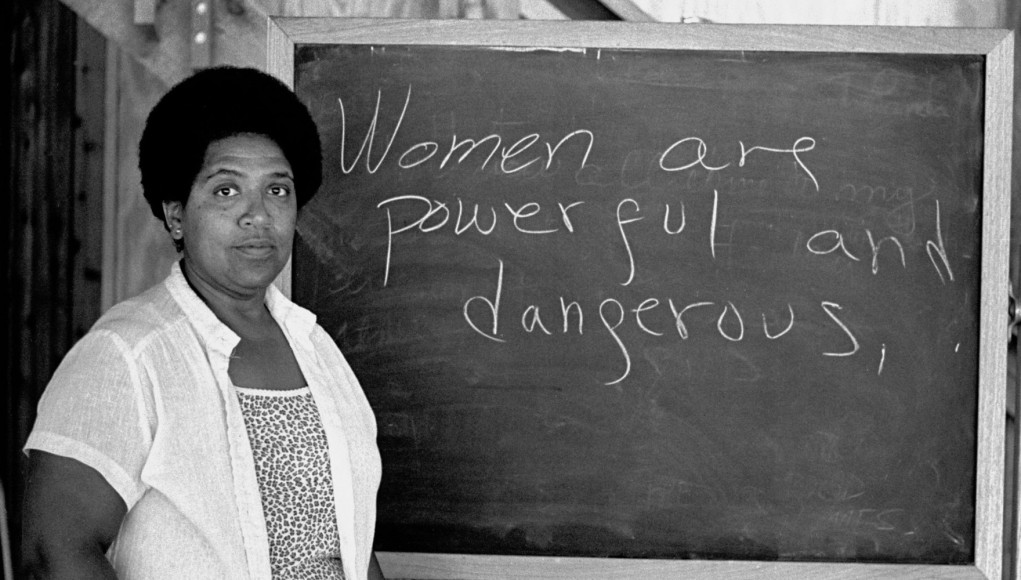According to the Department of Justice, 18 percent of women in the United States are raped during their lifetime and the vast majority of rapes, 86 percent, are not reported to law enforcement. As one of the 20 million American women who has survived a sexual assault, I intimately understand those statistics. I’ve never openly and willingly shared details about my assault.
However, the outcome of the Brock Turner rape case at Stanford University angered me and helped me muster the courage to speak out. In a statement read to the court during Turner’s sentencing hearing, the assault survivor shared that she wanted to be a source of encouragement and a beacon of light for other survivors. “I hope that by speaking today, you absorbed a small amount of light, a small knowing that you can’t be silenced.”
She’s right. As survivors, we can’t be silent.
But speaking up and out about something as personal as rape is not easy. For me, the shame and, in some instances, stigma, of being a sexual assault survivor was too heavy for me to carry. Initially, I wanted to forget it. Move on. I only reported my assault to authorities because they showed up at my doorstep. As I cried in my best friend’s arms, her mother called the police on my behalf. She told me that I could not allow my rapist to get away with what he had done, that I did not do anything wrong, and that I deserved justice. She told me that I can’t be silent.
I’d be lying if I said I gave my testimony with her encouragement in mind. I was embarrassed and blamed myself for what happened. I shouldn’t have drank so much. I shouldn’t have let him stay, despite his complaints that it was late, he’d been drinking, and his drive was too far. I should have told him “no” more forcefully when he climbed on top of me. I should have locked my legs together tighter; screamed for help instead of burying my face in a pillow and sobbing. I also felt some twisted obligation to protect him. I didn’t want to be the reason another black man was added to the roster of our criminal justice system. After a medical exam and barrage of questions, when the officers asked me if I wanted to press charges. I shook my head, silently, no.
In her piece, “The Transformation of Silence into Language and Action,” Audre Lorde reminds her audience that silence does not negate fear, and speaking our truth is necessary to move forward. “It is necessary to teach by living and speaking those truths which we believe and know beyond understanding. Because in this way alone can we survive, by taking part in a process of life that is creative and continuing, that is growth.”
I shared my story with other women in my circle and learned that I was not alone in my feelings of shame, guilt, and anger; but, more profoundly, I also learned that I was not alone, period. I hope that the Stanford case continues to encourage sexual assault survivors to speak their truth, so we can hold our attackers accountable and focus on healing ourselves and one another.
We are not alone.




























